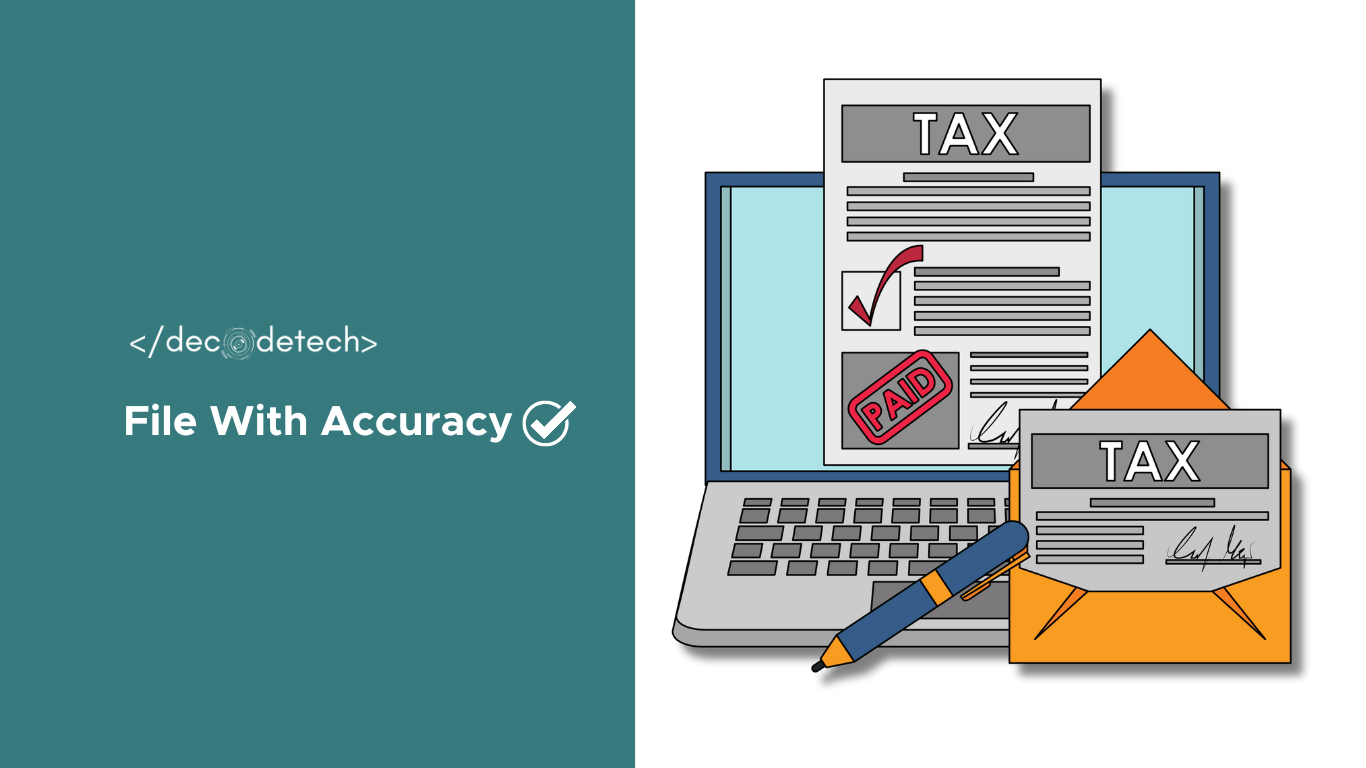Business Insights, HR and Payroll Tips and How-To
BIR Forms and Payroll Compliance in the Philippines: Everything You Need to Know
05 Nov

Managing payroll in the Philippines requires meticulous compliance with the Bureau of Internal Revenue (BIR). The process involves navigating various forms and documentation requirements, which can be quite challenging. Nevertheless, adhering to these requirements is essential to maintain good standing with tax authorities and avoid any potential penalties or issues. Ensuring accurate and timely payroll management not only keeps your business compliant but also promotes trust and reliability within your organization.
Why Compliance is Important?
Your business must comply with BIR regulations for several important reasons:
- Avoid Penalties: Non-compliance can result in substantial fines that may severely affect your company’s financial health.
- Maintain Good Standing: Adhering to regulations helps uphold your business’s reputation and fosters trust among employees and stakeholders.
- Prevent Legal Issues: Proper documentation and compliance with BIR requirements can help you steer clear of legal disputes and employee grievances.
BIR Forms You Need for Payroll
Let’s take a closer look at some essential BIR forms you should be familiar with when managing payroll in the Philippines:
- BIR Form 1601-C (Monthly Remittance Return of Income Taxes Withheld on Compensation)
This form is required for the monthly remittance of income tax withheld from employees’ compensation.
Statistical Insight: In 2020, approximately 1.7 million BIR Form 1601-C returns were filed.
- BIR Form 2316 (Certificate of Compensation Payment/Tax Withheld)
Employers issue this form to employees, summarizing their compensation income and the taxes withheld throughout the year.
Statistical Insight: In 2019, over 3 million BIR Form 2316s were processed.
- BIR Form 2305 (Certificate of Update of Exemption and of Employer’s and Employee’s Information)
This form is used to update employee information and claim exemptions.
Statistical Insight: In 2021, there were 1.75 million filings of BIR Form 2305.
Necessary Documentation
- Employment contracts and agreements.
- Payroll registers documenting employees’ salaries, deductions, and contributions.
- Proof of remittance for mandatory contributions to agencies such as the Social Security System (SSS), PhilHealth, and the Home Development Mutual Fund (Pag-IBIG).
- Records of additional fringe benefits, allowances, and bonuses granted to employees.
Key Compliance Tips
To effectively manage BIR forms and documentation requirements:
- Stay Informed: Regularly check the official BIR website for updates on regulations and forms.
- Keep Accurate Records: Implement reliable payroll software and robust record-keeping practices to ensure accurate reporting and documentation.
- Consult Professionals: Engage a tax professional or consultant to guarantee full compliance with BIR requirements.
- Train Your Team: Provide comprehensive training for your HR and payroll staff to ensure they understand the significance of compliance.
Navigating the forms and documentation required by the Bureau of Internal Revenue (BIR) for payroll in the Philippines is crucial for maintaining your business’s financial health and reputation. The statistics provided underscore the significant volume of transactions and paperwork involved, emphasizing the importance of compliance.
Staying informed about the latest regulations and procedures allows you to refine your payroll processes, mitigating risks associated with non-compliance. Compliance is more than just adhering to regulations; it’s about building trust and goodwill within your organization and with external stakeholders.
When your business is compliant, it ensures smooth operations, avoids penalties, and enhances your credibility. Employees and partners alike appreciate a business that values integrity and follows through on its legal obligations. This foundation of trust and reliability is essential for long-term success and fosters a positive work environment.
Furthermore, compliance contributes to the overall efficiency and effectiveness of your payroll system. Regular audits and updates to your processes can identify potential issues before they become significant problems, ensuring that all transactions are accurate and timely.
Navigating BIR forms and documentation requirements is not only vital for legal compliance but also for fostering a trustworthy and reliable business environment. By staying informed and up-to-date, you can enhance your payroll processes, avoid risks, and build a solid reputation both within and outside your organization.
Recent Posts
- PhilHealth Online Registration: A Guide for New Employees and Employers February 24, 2026
- Pag-IBIG MP2: How Employers Can Support Employee Savings Programs Through Payroll System February 20, 2026
- 2026 People Power Revolution Holiday: What Employers Need to Know About Pay Rules February 19, 2026
- SSS Contributions: A Guide for Employees and HR Teams February 13, 2026
- Virtual Pag-IBIG: What Employers and Employees Need to Know in the Philippines February 10, 2026